Water and Sanitation Access - What is Your Right?
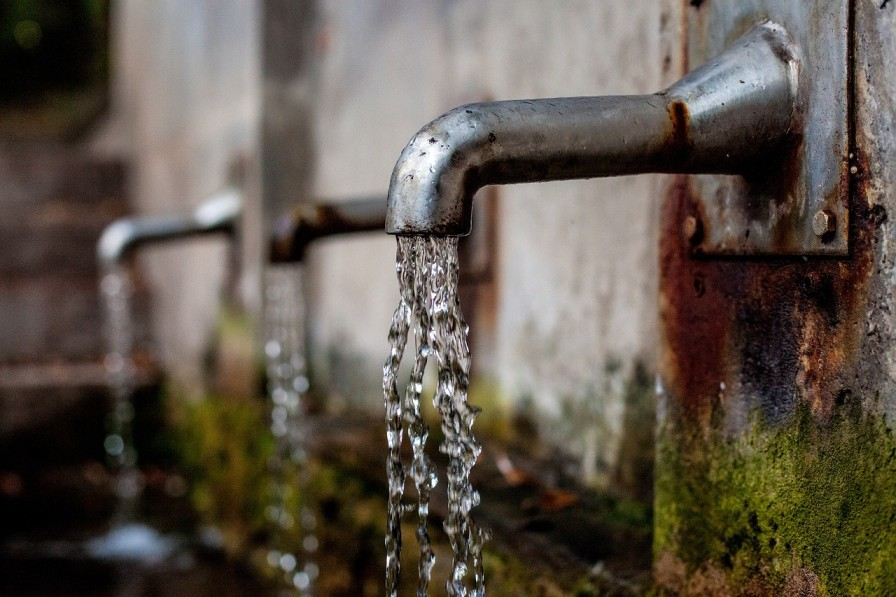
On 28 July 2010, the United Nations General Assembly acknowledged the human right to water and sanitation in Resolution 64/292, believing that clean drinking water and sanitation are vital human rights components.
This Resolution also calls upon States and worldwide organizations to contribute monetary assets and help build and augment innovation to help nations, specifically agricultural nations, provide protected, clean, available, and safe drinking water and sanitation.
Furthermore, about the Committee on Economic, Social and Cultural Rights General Comment No. 15 on the water right, Article I.1 states, "The human right to water is indispensable for leading a life in human dignity. It is a prerequisite for the realization of other human rights". Comment No. 15 additionally recognized the right to water as the right of every person, regardless of age, gender, race, and religion.
-
Everyone has the right to clean water, particularly clean, safe, and adequate water for personal and domestic use.
-
The right to sanitation applies to everybody, which means we are all entitled to physical and reasonable admittance to sanitation in all circles of life. Sanitation, by definition, should be safe, clean, secure, and socially and culturally available. This will provide protection and privacy and guarantee nobility.
-
The physical presence of water is not enough because it is not equivalent to access. As such, the water sanitation service is not inclusive nor accessible if it is excessively costly, unreliable, unhygienic, hazardously found, unadapted for less able groups or youngsters, or no-gender discriminatory on account of toilets and washing facilities.
-
All individuals are qualified for water and sanitation without separation. Underestimated or marginalized groups - women, children, refugees, native people groups, impaired individuals, and numerous others - are frequently neglected by, and sometimes face dynamic segregation from, those preparing and overseeing water and sanitation enhancements and administrations and other service users.
Ultimately, access to water and sanitation is recognized by the United Nations as a human right that is essential to everyone’s health, dignity, and prosperity. Nevertheless, billions of people still lack secure access to managed water and sanitation services.
Especially in marginalized groups, they are frequently neglected and, once in a while, face discrimination as they attempt to get the water and sanitation services they need.
Ultimately, it may have taken decades, but access to clean drinking water and proper sanitation is now explicitly recognized as a human right. However, it is also notable that legislatures must adopt a human rights-based approach (HRBA) to water and disinfection upgrades, aiming that nobody gets left behind.
Right to Clean Water and Sanitation Services
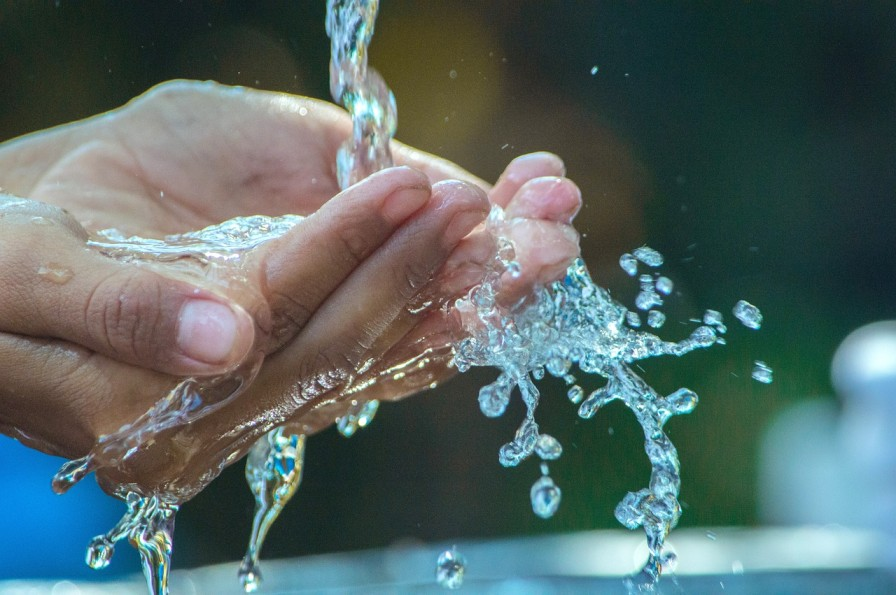
To elucidate, listed below are part of your human rights in terms of water and sanitation:
-
You have the right to sufficient water.
Every individual's water supply should be adequate and consistent for personal and domestic purposes. These purposes usually involve drinking, personal hygiene, garment washing, food planning, and individual and family cleanliness.
As indicated by the World Health Organization (WHO), the expected standard for ensuring that most fundamental necessities are met and that no new health concerns emerge is between fifty (50) and one hundred (100) liters of water per person per day.
-
You have the right to safe water.
The water necessitated for every individual or domestic use should be protected and subsequently free from microorganisms, synthetic substances, and radiological perils threatening an individual's well-being.
Moreover, there are proportions of drinking water security normally characterized by public or potentially nearby principles for drinking water quality.
The World Health Organization (WHO) established guidelines that include the premise that improving drinking water quality is a prerequisite for improving public norms that, if appropriately implemented, will guarantee drinking water security.
-
You have the right to high-quality water.
Water should be delivered in a satisfactory variety, smell, and taste for every individual or domestic use. This also means that all water offices and administrations should be socially suitable and delicate to gender, lifecycle, and protection prerequisites.
-
You have the right to physically accessible water.
Everybody has the right to genuinely accessible water and sanitation services inside or near the household, educational establishment, work environment, or health foundation.
According to the WHO, the water source must be within 1,000 meters of the home, and the assortment time shouldn't exceed 30 minutes. -
You have the right to affordable water.
Water and water offices and administrations should be affordable for all. The United Nations Development Programme (UNDP) recommends that water expenses shouldn't exceed 3% of family income.
United Nations (UN)'s Initiative for Water and Sanitation Services
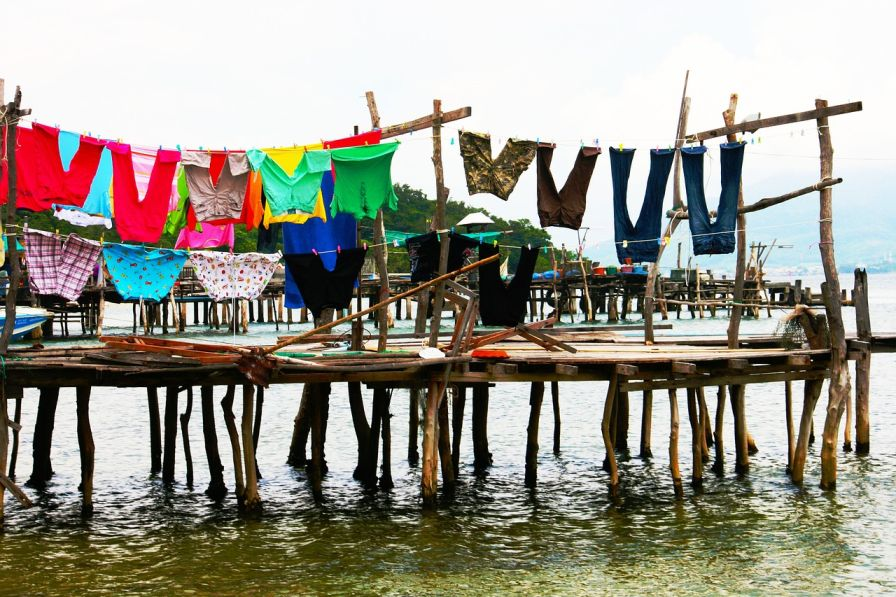
Common liberties Board Goal A/HRC/RES/18/1
On September 28, 2011, the UN Human Rights Council passed another resolution that elevates the basic right to safe drinking water and sanitation above and beyond.
The Council invited the submission of an aggregate of good practices on the right to safe drinking water and disinfection, in which the Special Rapporteur specifically emphasized functional arrangements for executing this right.
Furthermore, the resolution urges States to guarantee a sufficient budget for the practical conveyance of water and sanitation administrations.
World Health Assembly Resolution 64/24
In May of 2011, the World Health Organization (WHO), through Resolution 64/24, settled on a decision to the Member States "to ensure that national health strategies contribute to the realization of water- and sanitation-related Millennium Development Goals while coming in support to the progressive realization of the human right to water and sanitation" and to WHO's Chief General to "to strengthen WHO's a collaboration with all relevant UN-Water members and partners, as well as other relevant organizations promoting access to safe drinking water, sanitation, and hygiene services, to set an example of effective intersectoral action in the context of WHO's involvement in the United Nations Delivering as One initiative, and WHO's cooperation with the United Nations Special Rapporteur on the human right to safe drinking water and sanitation to improve the realization of the human right to water and Sanitation."
Appointment of an Independent Expert
In March of 2008, through resolution 7/22, the Human Rights Council chose "to appoint, for three years, an independent expert on the issue of human rights obligations related to access to safe drinking water and sanitation." A few years later, in April 2011, through goal 16/2, the Human Rights Council broadened the mandate for three years. The Independent Expert screens and reports on States' execution of the right to water and related infringement.
Improving Water Accessibility & Recognizing Fundamental Human Rights to Basic Services
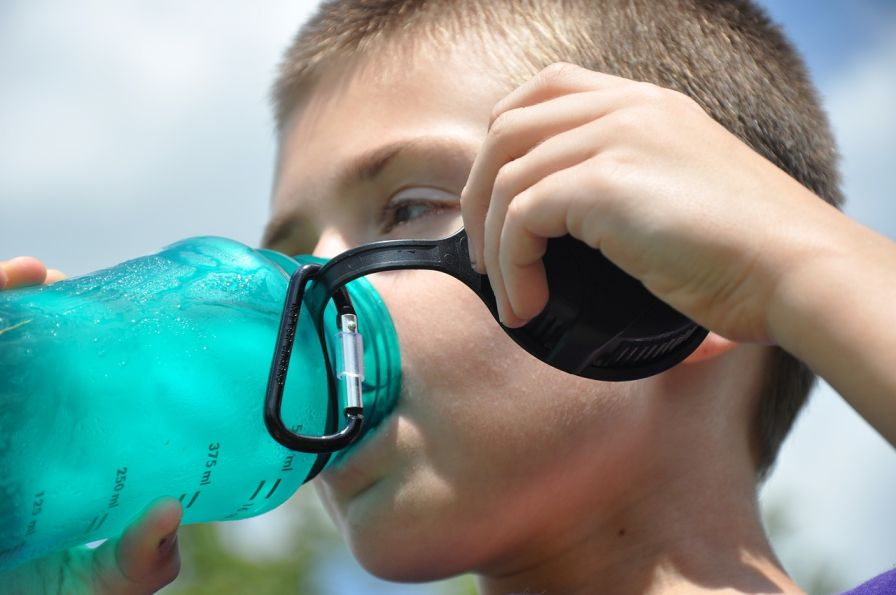
There are obstructions to conquer in satisfying the human liberty to clean and safe water. These "obstructions" involve poor management and administration of freshwater, absence of proper planning, inconsistent and unequal appropriation of water and sanitation services, and privatization of water administrations.
In the year 2000, the WHO demonstrated that over one billion individuals didn't have proper access to a sufficient water supply that could give every individual at least 20 liters of safe water daily. Moreover, eighty percent (80%) of the population live in provincial regions.
In the same manner, over 2.4 billion people were left without satisfactory sanitation, while 2.3 billion experienced the ill effects of waterborne infections yearly. Every day, somewhere in the range of fourteen thousand and thirty thousand individuals die from water-related illnesses —which, to be frank, could've been avoidable if managed properly.
Right now, thirty-three percent (33%) of the total populace lives in nations with moderate to severe water pressure. By 2025, it is assessed that 66% of the total populace will be living in regions encountering water pressure.
To provide background, one of the objectives of millennium development is to guarantee ecological sustainability. This plan aims to reduce the number of individuals without supportable access to safe drinking water and sanitation by 2025.
From 1990 to 2002, the number of individuals getting further developed and inclusive water supply in developing nations rose from seventy-one percent (71%) to seventy-nine percent (79%).
Meanwhile, a few locales saw incredible enhancements, like South Asia, where water inclusion rose from seventy-one percent (71%) to eighty-four percent (84%), and Sub-Saharan Africa, where water inclusion rose from forty-nine percent (49%) to fifty-eight percent (58%).
On the other hand, other regions saw less improvement, like North Africa, where water coverage rose from eighty-eight percent (88%) to ninety percent (90%).
Surprisingly, rural regions have experienced the greatest improvement in water administration; however, these regions began from a much lower base and still have a long way to go.
Due to worldwide populace growth, 275,000 individuals need to get sufficiently close to water supplies every day until 2015, assuming the objective is to be met. That's what the United Nations reports; for this to happen, four things should occur:
1. States and nations need to recognize that water is a basic freedom that should be available and affordable to all, including individuals who are too poor to pay.
2. States and nations must foster public systems to further develop water and sanitation administrations and decrease destitution (or poverty).
3. Global guide in this area should be twofold.
4. A worldwide activity plan should underline the need to give all satisfactory water and disinfection administrations.
Privatization of Water and Sanitation Services
Now, the question is, how does water privatization become a human rights issue? As water is a human right, states are liable for guaranteeing that everybody has access to safe drinking water.
More importantly, human rights can't be sold. This means water should not be kept when individuals can't afford to pay. Unfortunately, this right has been disregarded in various nations that use prepaid water meters.
As such, a water meter conveys water when a plastic card that has been bought is embedded into the slot. The thought behind this type of water supply is that the water organization doesn't need to remove the water supply when individuals can't pay, resulting in reduced water consumption.
Nonetheless, there are a few defects to this rationale. The water companies, most importantly, say that individuals "self-separate" when they can't bear to pay for the water; this is a frail endeavor to abstain from getting a sense of ownership while preventing the essential basic freedoms from individuals.
In addition to that, water meters are predominant in pieces of Africa, like Namibia, Swaziland, and Tanzania, where water utilization is now very low. This shows that utilizing a water meter can cost multiple times more than funneled water.
Besides, when individuals can't manage the cost of safe drinking water, they are compelled to utilize debased water, which expands waterborne sicknesses. For instance, when free, shared standpipes in a single South African region, KwaZulu Natal, were changed over completely to water meters, numerous families couldn't get nor afford to buy clean drinking water.
Accordingly, between August 2000 and February 2002, there were over one hundred thousand revealed instances of cholera, 259 of whom led to death, simply in this one provincial setting. In the past 20 years, there have been just 78 deaths from cholera in a similar locale.
Indeed, even developed nations have not had great outcomes when a company privatizes the water.
The British water system was privatized in the 1980s. In the initial five years, over 20,000 families had their water supply cut off because they couldn't afford the price of water, which had increased by more than fifty percent (50%).
Four (4) Ways to Improve Water and Sanitation Access as Human Rights
-
States should adopt a human rights-based approach (HRBA) to water and sanitation.
States are obligated to provide water and sanitation services to individuals who are rights holders. As an implication, rights holders can guarantee their rights, and duty bearers should ensure equal privileges to water and sanitation without discrimination.
-
Human rights regulation requests a ''pro-poor" approach.
This means that duty-bearers should direct their interventions to the most disadvantaged and foster their ability to satisfy their commitments. A human rights-based approach likewise creates a system in which rights holders participate and consider duty-bearers responsible.
-
All hindrances to water and sanitation access should be overcome.
This means that laws and governance should address all explanations behind segregation, including sex, orientation, identity, religion, caste, incapacity, age, well-being status, and economic status.
Moreover, different elements affect water and sanitation access for the poor and marginalized. These include environmental change, population development, struggle, and migration, which should likewise be anticipated. -
Water and sanitation are basic to accomplishing the SDGs.
"Leaving no one behind" is the focal commitment of the 2030 Plan for Sustainable Development.
Society can only achieve high levels of general well-being, gender equity, economic fulfillment, and financial efficiency when individuals exercise their human rights to water and sanitation.
As such, regard for human rights should be incorporated into advancement plans for all areas at all levels.
Conclusion: Why is Water and Sanitation a Human Right?
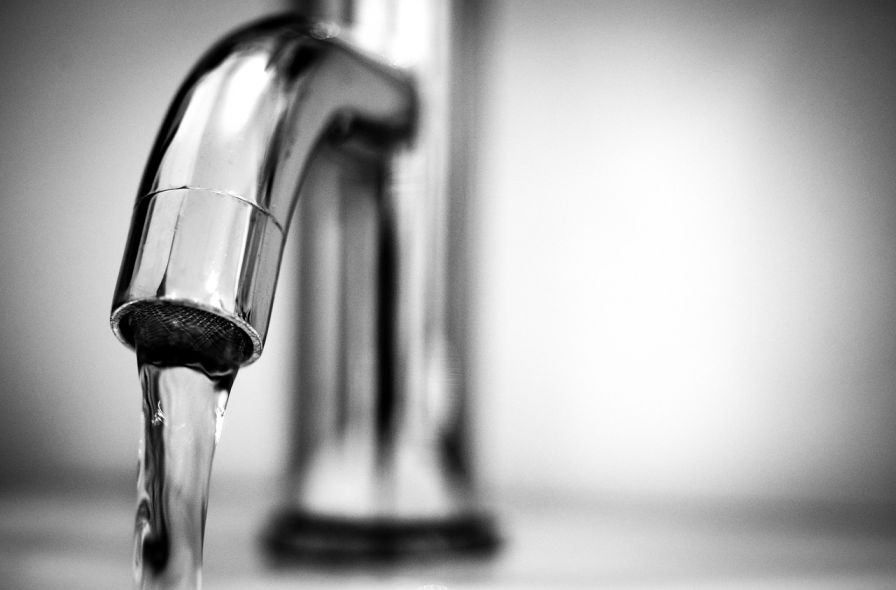
To conclude, the human right to water and sanitation services states that water should be physically accessible, affordable, clean, and safely maintained. This will allow people to use water for both personal and domestic purposes.
After all, as the World Health Organization (WHO) states, human rights are universal and the birthright of every person; in this case, they are part of our fundamental human right to water and sanitation.
Ultimately, it is not enough for water to be just physically present. It should be available adequately to meet basic drinking, bathing, cleaning, cooking, and sanitation needs.
Furthermore, the quality of the water must be safe and free from contamination. As synthesized throughout the article, access to clean water is a human right; more so, it is just a bare minimum everyone should attain, regardless of gender, race, religion, etc.
← Older Post Newer Post →
